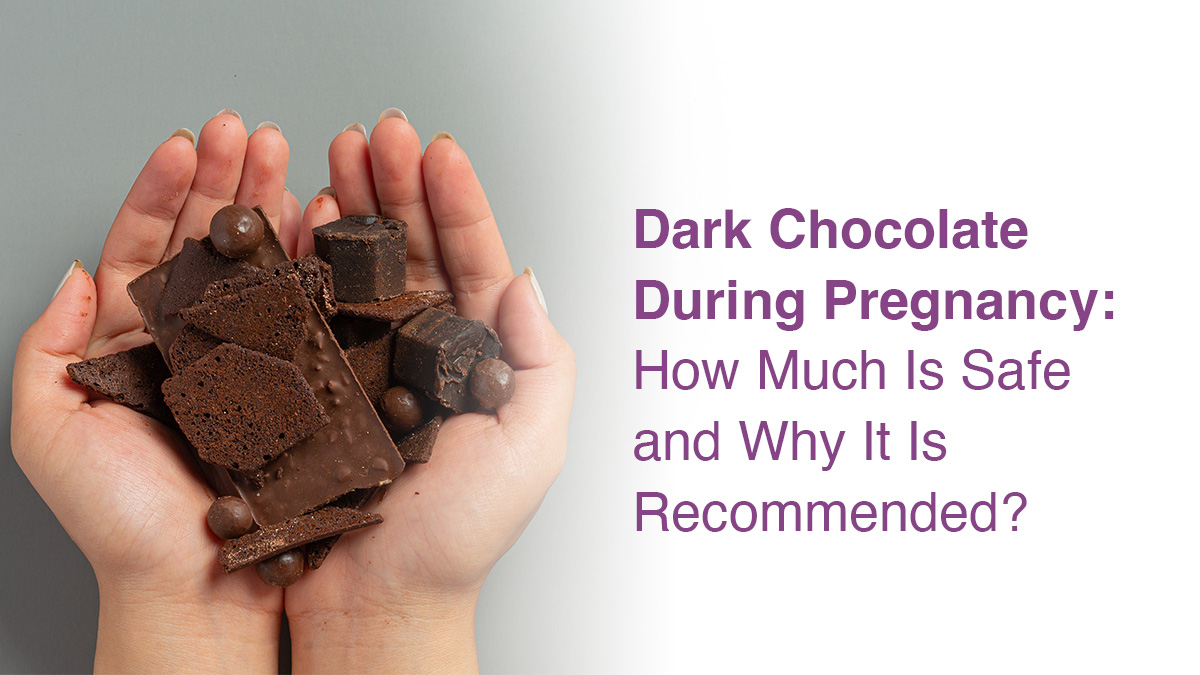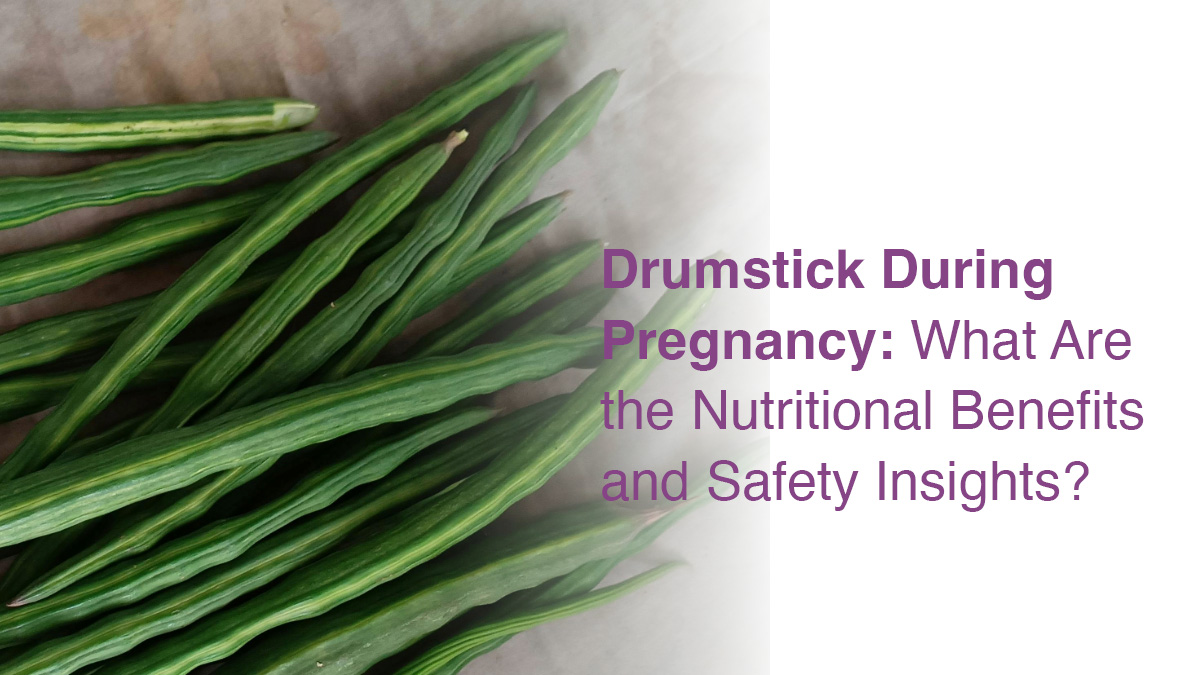
15 Best Foods for Hormonal Balance

Have you ever felt that your mood, energy, or even sleep patterns seem out of sync? These could be signs of hormonal imbalance, a condition often overlooked but significantly influenced by diet. Did you know that the foods you eat can have a fundamental impact on your hormonal health? Let’s explore the best foods for hormonal balance and how nutrition can help your body thrive naturally.
Understanding Hormonal Imbalance
Hormones regulate everything from metabolism to mood and are essential for our overall well-being. However, factors such as stress and poor dietary choices can throw this delicate system off balance. When there is too much or too less of a certain hormone it can disrupt your body’s metabolism, mood, sleep and fertility, By choosing the right foods, you can nurture your endocrine system and restore equilibrium.
The Best Hormone-Balancing Diet
Hormones act as chemical messengers in the body, influencing various physiological processes. Certain nutrients can influence the production, release, and balance of hormones, affecting overall health. A hormone-balancing diet includes foods rich in vitamins, minerals, and healthy fats, which support endocrine health and prevent hormonal imbalances. If you are wondering how to balance hormones naturally, correcting your diet is where you should start. For instance, omega-3 fatty acids aid in the production of hormones, while phytoestrogens can mimic oestrogen, helping to balance hormone levels in females.
15 Best Foods for Hormonal Balance
Let’s take a look at some of the best foods that can improve your hormonal balance:
Eggs:
Eggs provide a good balance of fats and proteins, essential for hormone production. Their choline content supports brain health, indirectly benefiting hormone regulation.
Leafy Greens:
High in magnesium, leafy greens alleviate PMS symptoms by supporting the endocrine system. They also contain antioxidants that are beneficial for hormone health.
Nuts (especially almonds and walnuts):
These are rich in healthy fats and vitamin E, which reduce inflammation and support hormone production.
Seeds (pumpkin, sesame, sunflower):
Packed with zinc and selenium, these seeds are crucial for thyroid function and are a key player in hormone regulation.
Coconut Oil:
Contains medium-chain triglycerides (MCTs), which support metabolism and hormone production, particularly for stress hormones.
Berries:
Berries are high in antioxidants, reduce inflammation, and support adrenal health, indirectly promoting hormonal balance.
Green Tea:
With its high antioxidant content, particularly EGCG, green tea supports metabolism and may help balance hormone levels. Limit it to 2-3 cups per day. It is recommended to keep caffeine intake below 200-300 mg per day (approximately 2-3 cups of coffee), as excessive caffeine can stress the adrenal glands and disrupt hormone balance.
Turmeric:
Containing curcumin, turmeric is known for its anti-inflammatory properties, which support hormone balance by reducing inflammation.
Greek Yoghurt:
Rich in probiotics, Greek yoghurt is known to promote gut health, which is crucial for hormone production and balance.
Dark Chocolate:
High in magnesium and flavonoids, dark chocolate improves mood and reduces stress, indirectly supporting hormonal balance.
Avocados:
Rich in healthy fats, avocados contribute to hormone production and balance estrogen and progesterone levels. Incorporating avocados into your diet can improve hormone production efficiency.
Broccoli:
Containing compounds like indole-3-carbinol, broccoli supports estrogen metabolism, promoting healthy hormone levels, which is particularly beneficial for females.
Salmon:
Salmon is high in omega-3 fatty acids and crucial for hormone production. Regular consumption may reduce menstrual pain, promoting balance in reproductive hormones.
Flaxseeds:
A source of phytoestrogens, particularly lignans, flaxseeds can help balance estrogen levels in females, which is essential for reproductive health.
Quinoa:
As a complete protein, quinoa stabilizes blood sugar levels, thereby supporting hormonal balance by preventing insulin spikes.
Hormone Balancing Foods for Men
Men benefit from nutrient-dense foods that maintain testosterone and reduce stress hormone levels. Zinc-rich options like pumpkin seeds and eggs support testosterone production, while magnesium from spinach and dark chocolate helps regulate cortisol. Healthy fats from avocados and salmon further enhance reproductive and metabolic hormone function.
Hormone Balancing Foods for Women
Women experience hormone fluctuations throughout their lives, from menstrual cycles to menopause. Adding foods that balance hormones in females, such as flaxseeds, leafy greens, and berries, can help regulate estrogen. These also address hormonal imbalance in women by easing PMS symptoms, supporting fertility, and stabilizing mood.
Foods to Avoid for Better Hormonal Health
While nourishing foods can heal, certain items can worsen an imbalance. Limit processed sugars, trans fats, refined carbohydrates, and alcohol. Excess caffeine can stress the adrenal glands and increase cortisol levels. Learning how to control hormonal imbalance starts with eliminating these hormone disruptors and replacing them with clean, whole foods.
Role of Gut Health in Hormonal Balance
Gut health plays a very important role in how to balance hormones, as the gut microbiome influences the body’s ability to produce and regulate hormones. Foods rich in probiotics, such as Greek yoghurt, support a healthy gut, which in turn ensures efficient hormone production. Prebiotic-rich foods like leafy greens and berries also feed the beneficial bacteria, further enhancing the gut’s role in hormonal balance.
Meal Planning Tips for Hormonal Balance
Incorporating the best foods for hormonal imbalance into your diet does not have to be a challenging task. Here are some practical tips:
- Breakfast: Add flaxseeds to your smoothie or sprinkle them on Greek yoghurt.
- Lunch: Create a salad with leafy greens, avocado, nuts, and a salmon fillet.
- Snacks: Munch on dark chocolate, berries, and a handful of mixed nuts.
- Dinner: Serve broccoli or quinoa alongside a turmeric-spiced protein source.
By adding these foods into your daily meals, you can enjoy a hormone-balancing diet that is both varied and nutritious.
Role of Gut Health in Hormonal Balance
A healthy gut supports hormone regulation by metabolizing oestrogen and maintaining balance in the microbiome. Probiotic-rich foods like Greek yogurt and kimchi, along with prebiotic vegetables such as leafy greens, boost gut health. It is a connection that is vital because an imbalanced gut can disrupt hormone signalling and nutrient absorption.
Other Ways to Manage Hormone Imbalance Symptoms
Diet is only part of the equation. Quality sleep, regular exercise, mindfulness practices, and stress management are equally crucial. Gentle workouts like yoga and walking improve insulin sensitivity, while adaptogens such as ashwagandha or maca root can further help regulate cortisol and support adrenal recovery.
Incorporating Foods That Help Balance Hormones into Your Diet
Balancing hormones through diet is a practical and effective approach to achieving overall well-being. A focus on foods for hormone imbalance can help regulate mood, metabolism, and reproductive health. Add these 15 best foods for hormonal balance into your diet and lead a healthier, more balanced life.


fill up the form to get a
Free Consultation
Avail 0% interest on EMI
All Procedures | No Upper Limit
Frequently Asked Questions
What causes hormonal imbalance?
How do I know if I have a hormone imbalance?
Which food is best for hormonal imbalance?
What can I drink to balance my hormones?
How to balance hormones during pregnancy?
What is the best breakfast for hormone balance?
Which dry fruit is good for hormonal imbalance?
Can I eat eggs if I have hormonal imbalance?
Can stress affect hormone balance?
What is the best cure for hormonal imbalance?
Does turmeric balance hormones?
Fruits that balance hormones in females
How we reviewed this article:
- Current Version
- December 12, 2025 by Ajay Sharma
- December 1, 2025 by Ajay Sharma
- January 21, 2025 by Oasis Fertility
- July 26, 2024 by Oasis Fertility
- May 29, 2024 by Oasis Fertility






